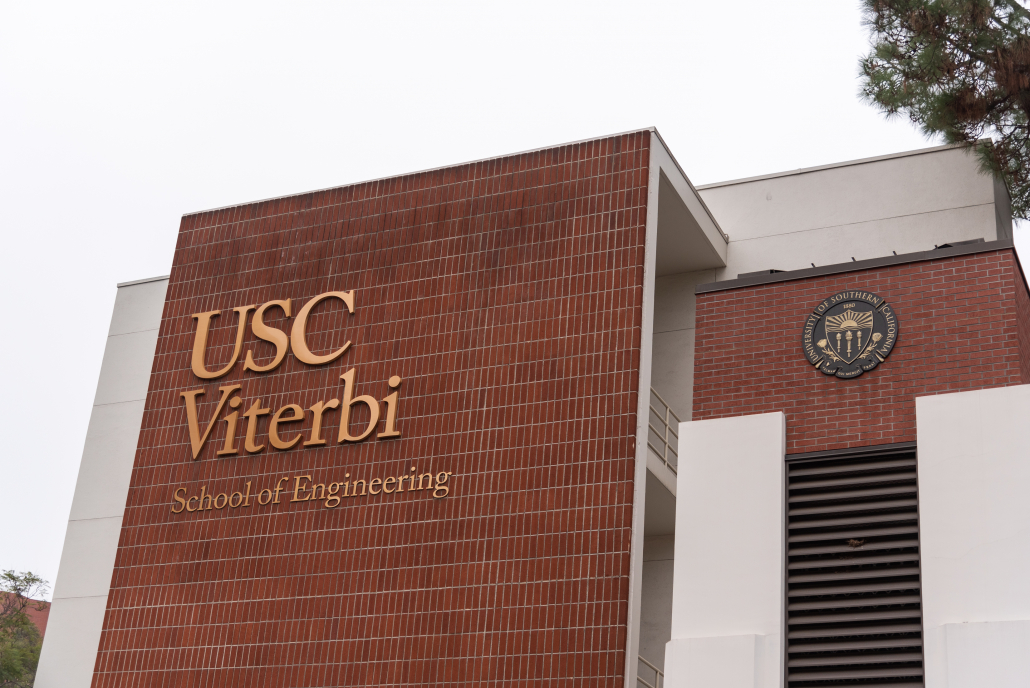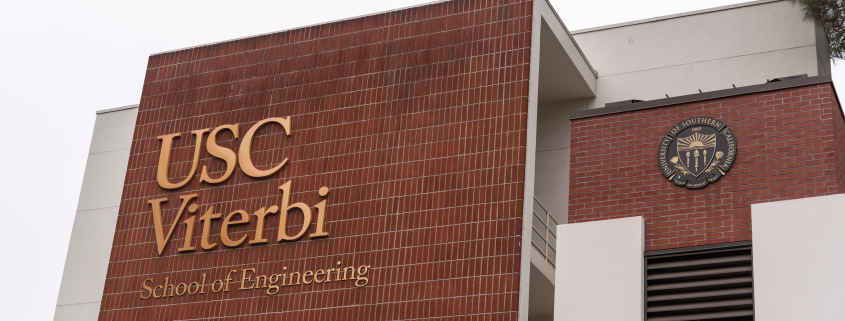Viterbi launches new Master of Science program

Amid the coronavirus pandemic and its effects on America’s healthcare system, USC Viterbi Daniel J. Epstein Department of Industrial and Systems Engineering Program Director David Belson saw an expedited need for students with an interdisciplinary background in healthcare, public policy and engineering.
This led Belson, in collaboration with associate professor of clinical medicine Michael Hochman and Associate Dean of Diversity, Equity and Inclusion and professor of public policy Lavonna Blair Lewis, to curate a new Master of Science degree program in Health Systems Management Engineering. The first cohort of the three-semester program is planned to enter the program beginning in Fall 2021.
“When we were planning on this degree, I talked to a CEO of one of the largest hospitals in Southern California,” Belson said. “He said, ‘This is great. This is a great idea. We want to hire these people, if only to train our own people on how to be more productive,’ so there seems to be a pent-up demand for this program.”
While there was a general need for the interdisciplinary training the program offers, Hochman said, the coronavirus may have been the “final spark” that put the program in place.
“[The coronavirus] certainly highlights the importance of [the program],” Hochman said. “We see what happens when systems don’t work well. No matter how good a doctor you are, if the systems and processes aren’t in place, the care’s not going to get delivered to where it needs to go.”
Administered by the Epstein Department of Industrial and Systems Engineering and including courses taught in the Keck School of Medicine and Sol Price School of Public Policy, the degree aims to prepare students to improve the performance and efficiency of hospitals and clinics.
For Camilia Rowshan, a junior majoring in business administration working with Belson on marketing the program, the degree isn’t just relevant for students interested in engineering, healthcare or public policy.
“I’m a business student, and from that perspective, just looking at how much money this country has compared to other countries, and seeing at the same time how we handled coronavirus…compared to the amount of resources we have, I think that there is a serious need for restructuring,” Rowshan said. “What we need are people who know how to distribute [resources], know how to go within these systems and make them more efficient.”
In addition to the courses offered through the three schools, students are required to gain real-world experience through the program by completing capstone projects in major hospitals and healthcare institutions.
“This is a very applied kind of degree, so while students learn in lectures and textbooks and exams and so on, in this case, it’s relatively easy to find projects for students to do,” Belson said. “[Students] work on improvement projects on problems that the hospital is having. They learn by applying what they’ve learned in the courses, and the hospitals benefit because they need the work done.”
However, the benefits of the capstone projects aren’t limited just to the students.
“Students are great for advancing projects that everyone knows are important, but are less urgent or acute in many circumstances,” Hochman said. “I think it could be a mutually beneficial thing for the health system for hospitals and the students.”
According to Belson, people with this degree can “really have an impact” on the healthcare system, as they work to improve hospital efficiency and tangibly affect people’s lives.
“We’re starting from rather poor performance, so there’s an opportunity to really have an impact,” Belson said. “It’s kind of worthwhile from a value standpoint.”

